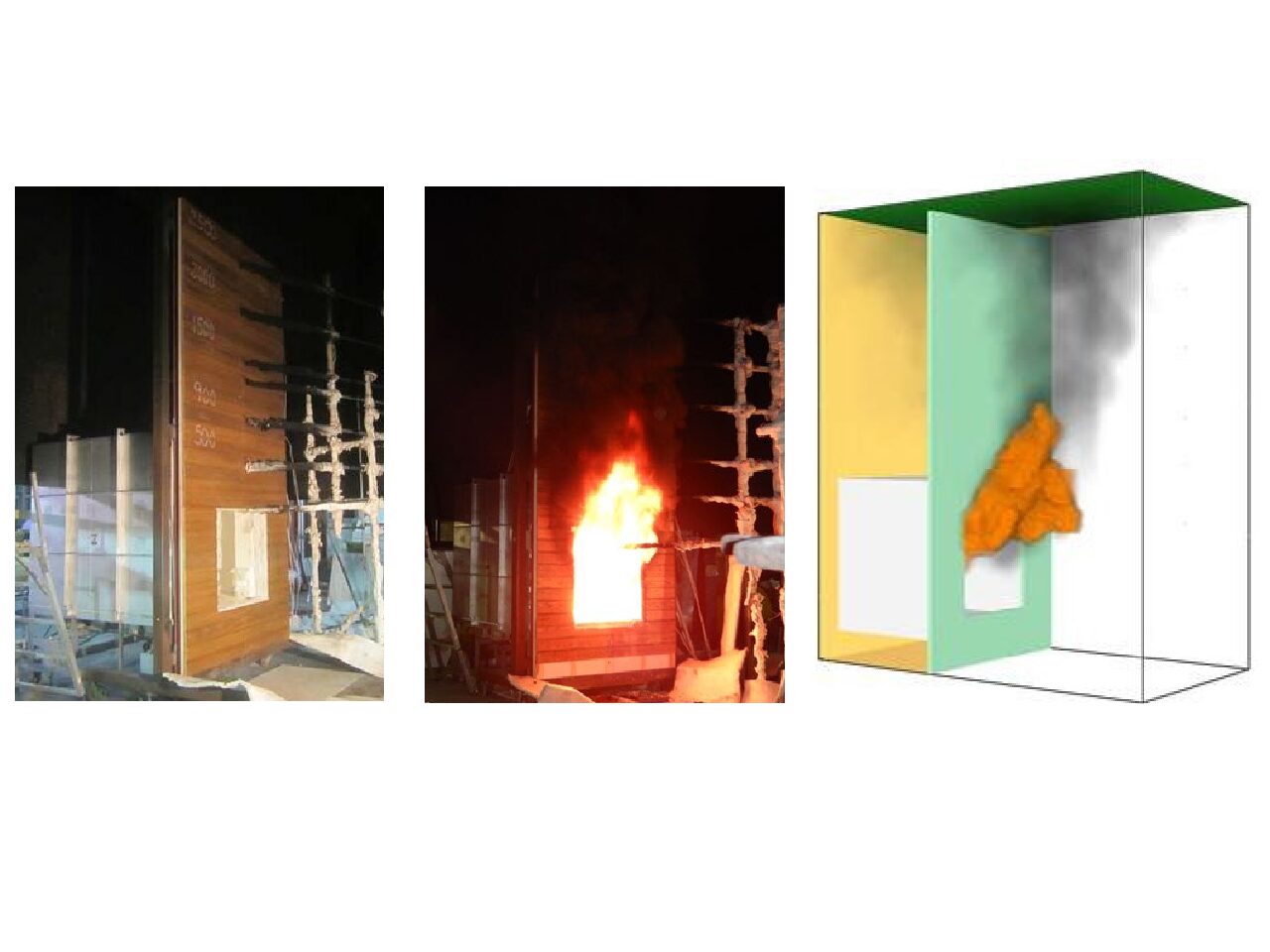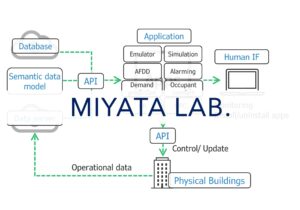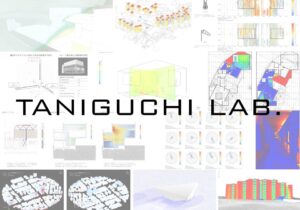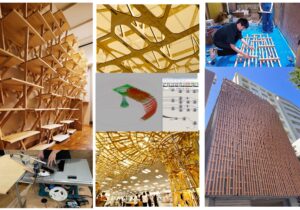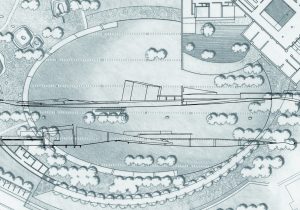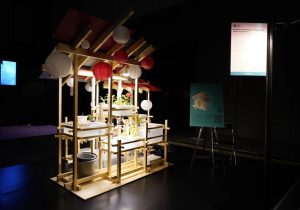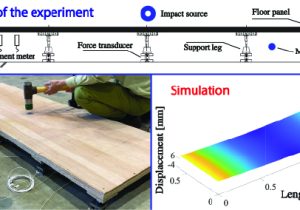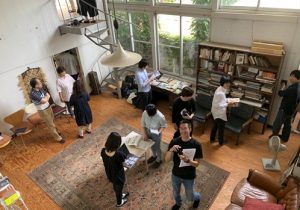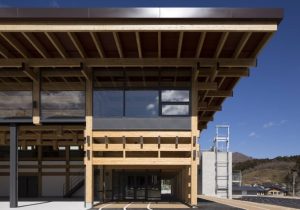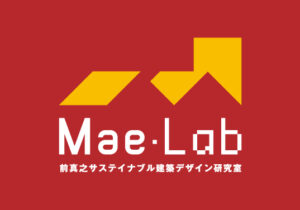松田研究室 Matsuda Laboratory
社会から物理的障壁を取り除き、
インクルーシブな社会の実現を目指す
本研究室では、いわゆる「マイノリティ」と呼ばれる人々のニーズをどのように建築環境に反映すべきかについて、調査研究を行っています。
現代の日本は、高齢化の急速な進展や少子化の進行などに象徴されるように、社会が劇的に変化しています。そのなかで、障害者や高齢者、生活困窮者など、これまで十分な検討の対象とされてこなかったユーザーの存在が、改めて重要なものと認識されるようになっています。
このような多様化するユーザー像を解き明かし、環境に求められる要件を再定義し、結果として各種施設や都市に求められる建築計画の姿を明らかにすることを目的としています。
知的障害・精神障害・身体障害などの障害のある方が生活する「障害者支援施設」や「障害者グループホーム」について、アンケート調査・インタビュー調査・観察調査を行い、入居者の特性と建築的ニーズを明らかにしていきます。
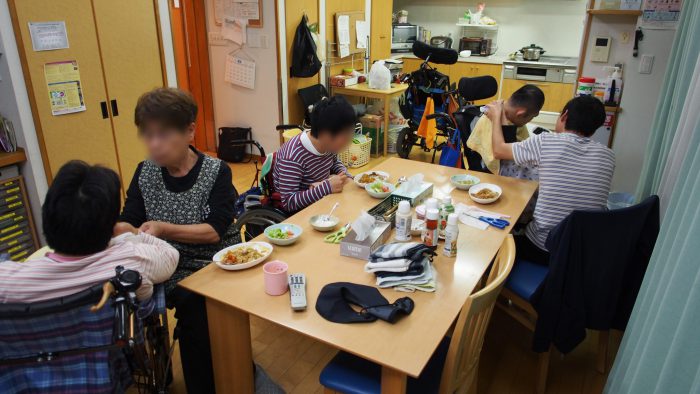
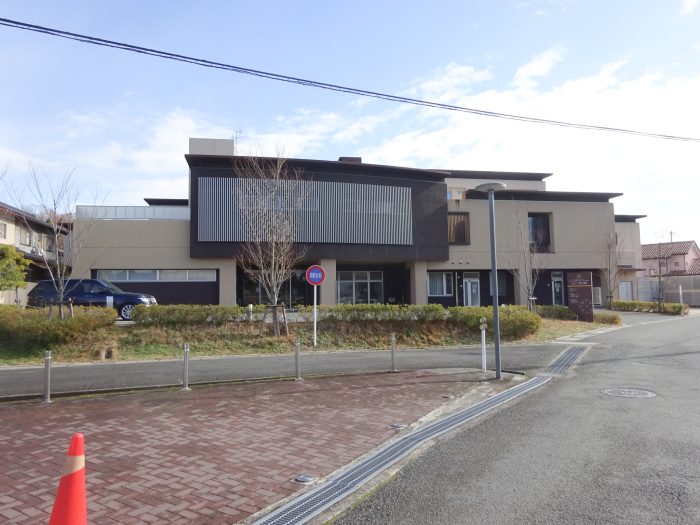
写真左:重度障害者グループホームやじろべえの食事風景 写真右:障害者支援施設むとべ翠光園の外観
高齢者・低額所得者・障害者といった居住に支援が必要な人々を支える「居住支援法人」や、生活困窮・障害・認知症などの複合的な困難を抱える高齢者を支援する「養護老人ホーム」を対象に、地域のセーフティネットの役割と課題を調査しています。
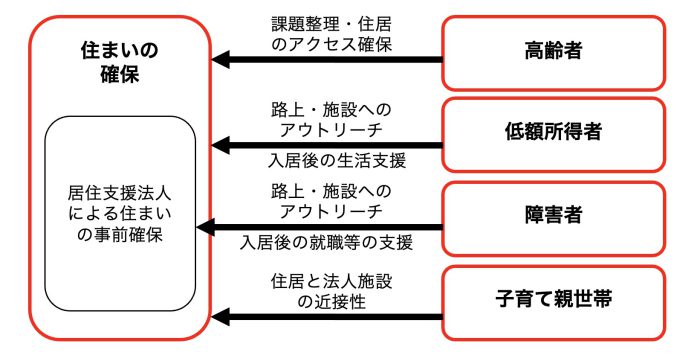
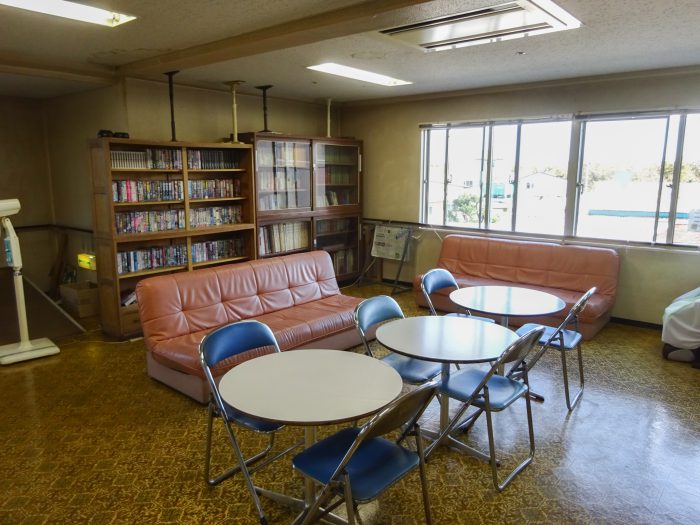
図:居住支援法人の役割 写真:養護老人ホームの共用部
視覚障害者の外出行動と休息場所に求められる要件、障害のある学生のための大学キャンパスの環境整備手法、スポーツ施設のアクセシビリティなど、多様なユーザーニーズに応える空間のあり方について調査を行っています。
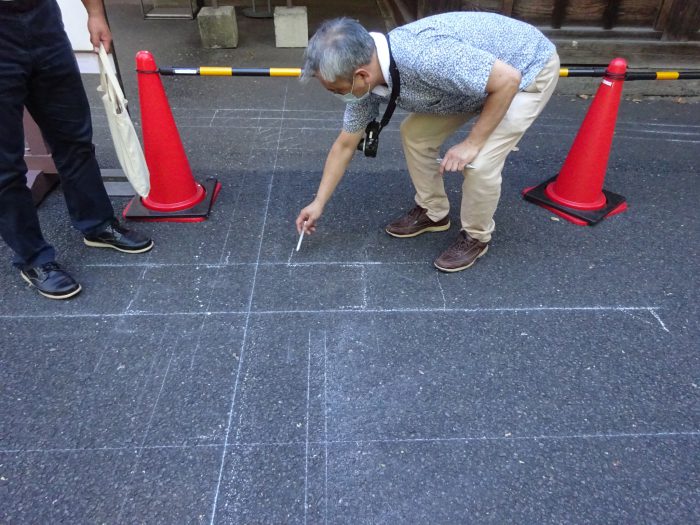
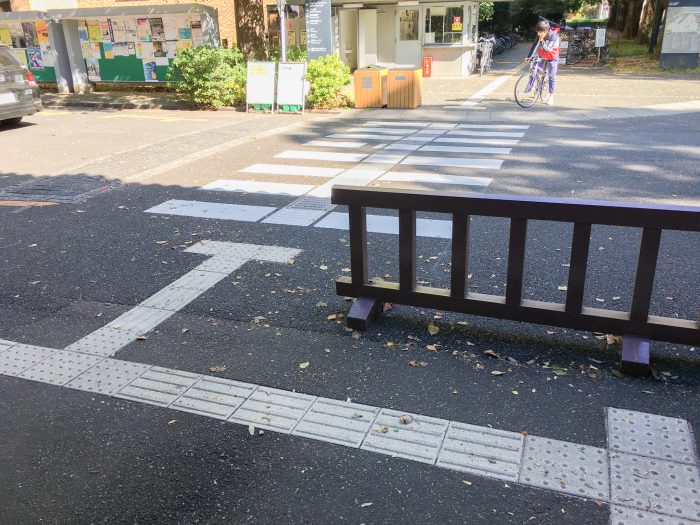
写真左:東大赤門前の視覚障害者誘導用ブロック墨出しの様子 右:東大赤門前の視覚障害者誘導用ブロック敷設後
Removing physical barriers to create an inclusive society
In this laboratory, we conduct research on how environments can reflect the needs of “minorities”. Today’s society in Japan is undergoing dramatic changes, symbolized by the rapid aging of the population and the declining birthrate. In these changes, those who have not been considered sufficiently in the past, such as people with disabilities, the elderlies, and people who have difficulties in their lives for some reason, have become important. We aim to clarify these diversifying user images, redefine the requirements for the environment, and clarify the architectural plans required for various facilities and cities.
We conduct questionnaire surveys, interview surveys, and observation surveys of “facilities for persons with disabilities” and “group homes for persons with disabilities” where people with intellectual, mental, and physical disabilities live to clarify the characteristics and architectural needs of the residents.


Left: Meal scene at Yajirobe, a group home for the persons with disabilities, Right: Exterior view of Mutobe Suikoen, a support facility for persons with disabilities
We research the roles and issues of local safety nets. The targets are “residential support corporations” that support people who need assistance in living, such as the elderly, low-income earners, and people with disabilities, and “nursing homes for the elderly” that support people with complex difficulties, such as living in poverty, disabilities, and dementia.


Left: Role of residential support corporation, Right: Common area of a nursing home for the elderly
We study how spaces can meet various users’ needs, such as the required spaces for outing and rest for people with visual impairment, methods of environmental improvement for students with disabilities on university campuses, and accessibility of sports facilities.


Left: Marking out tactile tiles in front of the UTokyo Red Gate, Right: After laying tactile tiles in front of the University of Tokyo Red Gate
For more detail: Matsuda Laboratory
Principal Investigator: Yuji Matsuda
